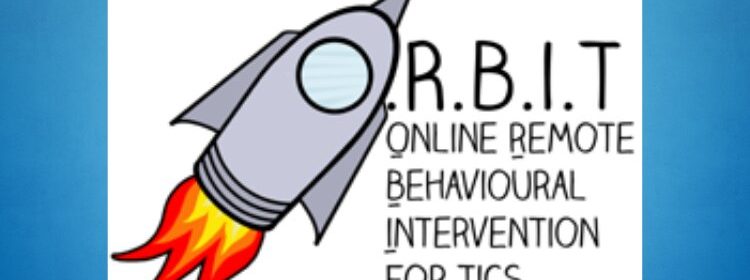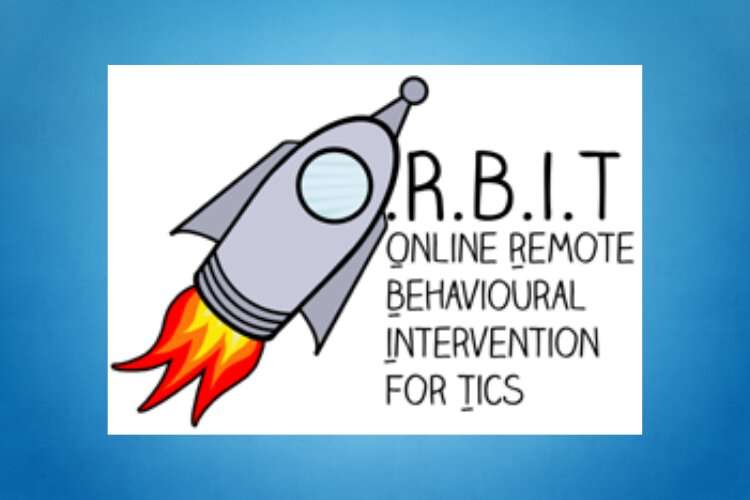Children with tics can be helped by new online treatment


New research from the University of Nottingham demonstrates that online behavior therapy for children with tics, which is supported by therapists, is both effective, safe and could greatly increase the number of children who are helped.
The Online Remote Behavioral Intervention for Tics (ORBIT) trial was led by Professor Chris Hollis, Professor of Child & Adolescent Psychiatry at the University of Nottingham, director of MindTech, and consultant in developmental neuropsychiatry with Nottinghamshire Healthcare NHS Trust.
The ORBIT trial compared an online behavioral therapy (called exposure and response prevention) with an online psychoeducation program in 9–17 year olds with Tourette Syndrome or chronic tic disorder. This research builds on the study’s previous findings that online treatment is a safe and effective intervention, improving access to treatment for this under-served group of young people. The study also found online delivery of treatment was cost-effective.
About 70,000 children and young people in England have Tourette Syndrome, the condition most commonly associated with chronic tics. Tic disorders can cause distress in a young person’s school and social life. Despite the profound impact tics have on the lives of those who experience them, less than 1 in 5 people living with tics have access to behavioral therapy.
Dr. Charlotte Hall, Principal Research Fellow at the University of Nottingham and ORBIT Trial Manager, said, “These findings are exciting. They are the first to show the long-term benefits of online delivered therapy for tics. We hear a lot from clinicians who want to be able to offer tic therapy but don’t have the skills, money, or resources to offer it. Likewise, we know families who are desperate to access therapy.
“This new online therapy is not yet available on the NHS but, given the importance of our findings in being able to bridge this gap in service provision, we are now working actively with various stakeholders, including the NHS, to show how ORBIT can be implemented as part of routine NHS care.”
Emma McNally, CEO Tourette’s Action, commented: “It’s shocking that a condition so prevalent has such inadequate access to appropriate care. More than 300,000 people in the U.K. are known to have Tourette’s, but that number is probably much, much higher. Many people report that they are unable to access treatment locally, more often than not, they gain a diagnosis and then are discharged with no access to treatment.”
“I’ve heard from parents who talk of holding their child in their arms in tears, unable to stop motor tics that are so repetitive they become physically painful. Adults who describe muscle spasms so intense and so uncontrollable that they are in extreme pain and yet are unable to stop the tics. The results from this trial are very promising, enabling individuals to access evidence-based treatment to help them better manage and control their tics online. This will be extremely beneficial to individuals who currently have no services local to them. It could potentially improve the lives of so many people.”
The research has been published in the Journal of Child Psychology and Psychiatry.
More information:
Chris Hollis et al, Long‐term clinical and cost‐effectiveness of a therapist‐supported online remote behavioural intervention for tics in children and adolescents: extended 12‐ and 18‐month follow‐up of a single‐blind randomised controlled trial, Journal of Child Psychology and Psychiatry (2023). DOI: 10.1111/jcpp.13756
Journal information:
Journal of Child Psychology and Psychiatry
Source: Read Full Article